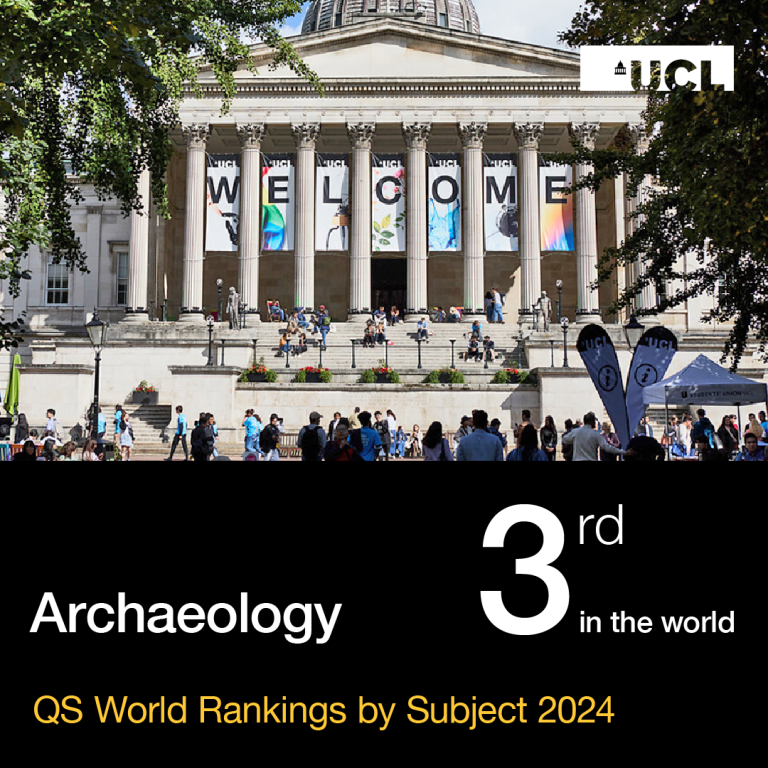The principal aims of this core module are to develop a working knowledge of key methods in data analysis for environmental archaeology.
This module is intended to provide the theoretical grounding for practical projects in archaeozoology, archaeobotany or geoarchaeology. Methods including dating and the Bayesian analysis of radiocarbon calibration, sampling strategies on-site and off-site, quantification of biological and geoarchaeological datasets, and approaches to statistical analysis, as well as problems in taphonomy of environmental datasets will be introduced.
Aims of the module
On successful completion of this module a student should:
- Have an overview of current on- and off-site environmental archaeology practices, specifically in relation to archaeobotany, zooarchaeology and geoarchaeology.
- Be familiar with assessing site formation processes, and assessing appropriate sampling and retrieval methods.
- Be aware of issues in the application and interpretation of dating techniques.
- Be familiar with laboratory analytical approaches for assessing taphonomy, and potential for assemblage analysis.
- Be familiar with statistical approaches to quantification of environmental archaeology assemblages.
- Be familiar with assessing a range of material for their analysis potential, and assessing datasets for their interpretation potential.
Learning Outcomes
- Critical analysis of arguments
- Understanding of assessment of site formation processes
- Understanding of practical archaeobotanical, zooarchaeological and geoarchaeological sampling, assessment and analytical procedures.
- Understanding the creation of archaeobotanical, zooarchaeological and geoarchaeological data.
- Written and oral skills in analysis and presentation
- Application of acquired knowledge to new situations
- Verbal discussion skills
Teaching Methods
The module consists of 10 x 2-hour sessions and is taught by a mixture of lectures by the instructor(s) and seminar discussions, with presentations by students. Seminar presentations are required but do not affect the final mark.
Module information
- Code: ARCL0129
- Credits: 15
- Coordinator: Louise Martin
- Prerequisite: There are no formal prerequisites for this module.
- Handbook: open»
For registered students
- Reading list: open»
Availability
- Running in 2023-24
 Close
Close


